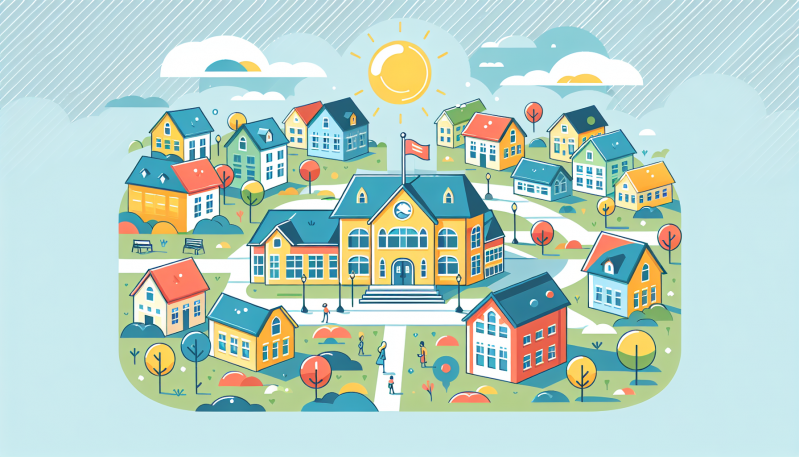As children navigate the complex social labyrinths of their school years, the need for initiatives like FriendshipWeek becomes increasingly clear. As a Pediatrician and Adolescent Medicine Specialist, I often see firsthand the impact of social dynamics on young individuals. It’s a critical time for emotional development and mental health, and many kids struggle with feelings of loneliness, the pressures to fit in, and the search for kindness and understanding among their peers.
FriendshipWeek stands as a beacon of hope, much like UNICEF in its commitment to nurturing well-being. This organization not only shines a light on mental health but also weaves the threads of Diversity, Equity, and Inclusion (DEI) into the fabric of our educational systems. By doing so, FriendshipWeek reaches out to the very heart of what it means to grow up in an often challenging social environment.
Elementary, middle, and high school staffers are on the front lines, witnessing daily the struggles and triumphs of our children’s social interactions. These educators play a pivotal role in shaping the psychosocial climate of their schools. FriendshipWeek provides them with the tools and resources needed to cultivate a culture of inclusivity and kindness.
Educational influencers and school officials also contribute to this landscape, setting policies and promoting programs that integrate mental health awareness into the curriculum. FriendshipWeek partners with these leaders to create an environment where every child feels valued and supported.
As parents, we hold a powerful influence over our children’s attitudes toward others and their perceptions of themselves. FriendshipWeek encourages family engagement, offering guidance on how to foster empathy, and teach resilience and emotional intelligence at home.
In the realm of schoolkids, FriendshipWeek offers a voice of camaraderie. Whether it’s through events, workshops, or educational materials, kids learn that their mental health matters and that they are not alone in their experiences. It’s a crucial message in an age where loneliness can feel pervasive.
Ultimately, FriendshipWeek isn’t just an organization; it’s a movement. It’s a call to action for all of us involved in the lives of young people: to listen, to understand, and to advocate for a world where every child is surrounded by friendship, kindness, and respect—regardless of their background or the challenges they face.
It’s our shared responsibility to ensure that every child has the tools to build healthy relationships and the support to thrive mentally and emotionally. FriendshipWeek leads the way, but it is our collective voices that will echo through the halls of our schools and into the hearts of our children.
To learn more about how FriendshipWeek is making a difference and how you can be a part of this important mission, visit our website and join the conversation. Together, we can turn the tide on loneliness and create a kinder, more inclusive future for all of our children.



